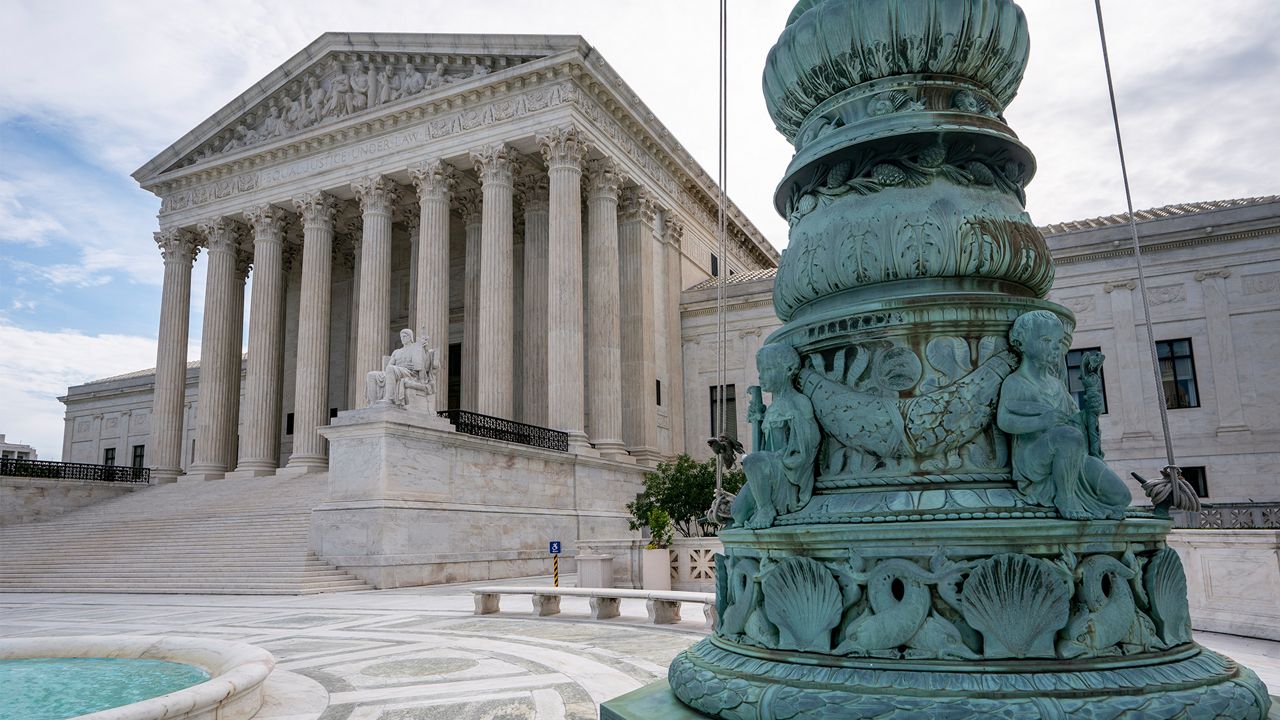Yeah, busting up traditions ain't exactly the smart play it looks like:
For purposes of the Mazars case, by contrast, there is no body of law that the lower court can apply to ascertain the propriety of the congressional subpoenas. Why? Because, in the words of Chief Justice Roberts, “Congress and the Executive have . . . managed for over two centuries to resolve such disputes among themselves without the benefit of guidance from us.” The Supreme Court hasn’t had to wade into this kind of mess until now because every president before Trump struck deals with the coordinate legislative branch of government. The fact that Trump pushed this envelope so far is precisely why the Court’s decision is so critical to protecting the rule of law and the separation of powers in the United States.
Stupid is as stupid does.
Because there was no precedent in Mazars, the Court had to make up some law. Which it did. The Chief Justice unveiled a multi-part test to guide lower courts faced with subpoenas for information bearing on sitting presidents. In particular, the Court sent the matter back to the lower court with directions that it consider whether the subpoenas have a significant legislative purpose that is supported by sufficiently “detailed and substantial” evidence; whether Congress can reasonably get the information from other sources; whether the subpoenas are “no broader than reasonably necessary to support Congress’s legislative objective”; and whether the third parties’ compliance with the subpoenas would somehow burden the president. The congressional subpoenas to Mazars and Trump’s banks, as drafted, may well pass this test. But even if they need tweaking, it’s virtually impossible to imagine that Congress won’t figure out a way to satisfy the Court’s new standard.
The decision in Mazars USA could have been far worse for Congress.
To begin with, the Court made very clear that Congress does have the power to issue subpoenas. The so-called “textualists” on the Court—including Trump-appointed Justices Neil Gorsuch and Brett Kavanaugh—could easily have refused to recognize Congress’s investigative power based on a strict reading of the Constitution. Here’s Chief Justice Roberts: “Congress has no enumerated constitutional power to conduct investigations or issue subpoenas, but we have held that each House has power ‘to secure needed information’ in order to legislate.” Trump’s appointees didn’t point to the dearth of express constitutional authority as an excuse to tie Congress’s hands. “Without information,” Roberts reasoned instead, “Congress would be shooting in the dark, unable to legislate ‘wisely or effectively.’”
Second, the majority did not rule—as it did last year in a case challenging political gerrymandering—that the issue was too political for the courts to handle in the first place. Roberts acknowledged that Congress and the president are “‘opposite and rival’ political branches,” and that “[t]he subpoenas do not represent a run-of-the-mill legislative effort but rather a clash between rival branches of government over records of intense political interest for all involved.” Again, however, the conservatives in the majority didn’t use the “political question doctrine” as a way to give Trump unprecedented powers vis-à-vis Congress.
Third, the majority did not erect an especially high bar for congressional subpoenas seeking information about presidents’ finances. Roberts noted that, “[q]uoting Nixon, the President asserts that the House must establish a ‘demonstrated, specific need’ for the financial information, just as the Watergate special prosecutor was required to do in order to obtain the tapes.” Had Trump won on this point, it would have been a blow to Congress. Yet Roberts rejected Trump’s plea for a high bar: “Unlike the cases before us, Nixon . . . involved Oval Office communications over which the President asserted executive privilege.” (Kavanaugh indicated in a concurring opinion that he favors the higher threshold.) When it comes to records of his time as a private citizen, Trump isn’t as special as he thinks he is.
Finally, legal analysts posited that the Court might impose a standard that required courts to probe the subjective motives behind congressional subpoenas implicating the president. As Roberts noted, the Supreme Court has long rejected Congress’s use of subpoenas “for the purpose of ‘law enforcement,’ because ‘those powers are assigned under our Constitution to the Executive and the Judiciary.’” Had the Court erected a test that forced lower courts to climb into the minds of individual or collective members of Congress and tease apart valid and invalid motives, it would have effectively insulated presidents from congressional subpoena powers because subjective state-of-mind standards are extremely difficult to satisfy. (Think: Special Counsel Robert Mueller’s conclusion that his team uncovered insufficient evidence to prove that members of the Trump campaign subjectively conspired with the Russians to thwart the 2016 election, setting aside whether there was “collusion,” a non-legal term that is arguably easier to prove.)
And the kicker, or: Be Careful What You Ask For, You Just Might Get It:
The Supreme Court’s decision in Mazars USA is best viewed in tandem with the Republican Senate majority’s acquittal of Trump for obstruction of Congress. Trump’s lawyers successfully argued that the president can totally flout any requests for information from Congress to the Executive Branch with impunity, leaving American voters and their representatives without the basic information needed for oversight. Congress gave that power away, with nothing gained in return. The Supreme Court just handed it back.
Trump asked for this, and now he's got it.

No comments:
Post a Comment